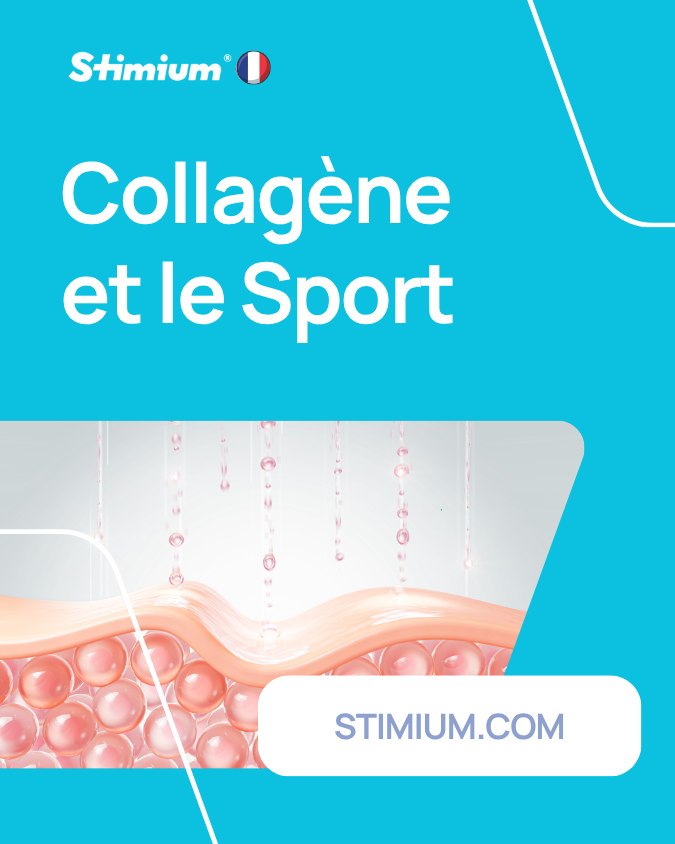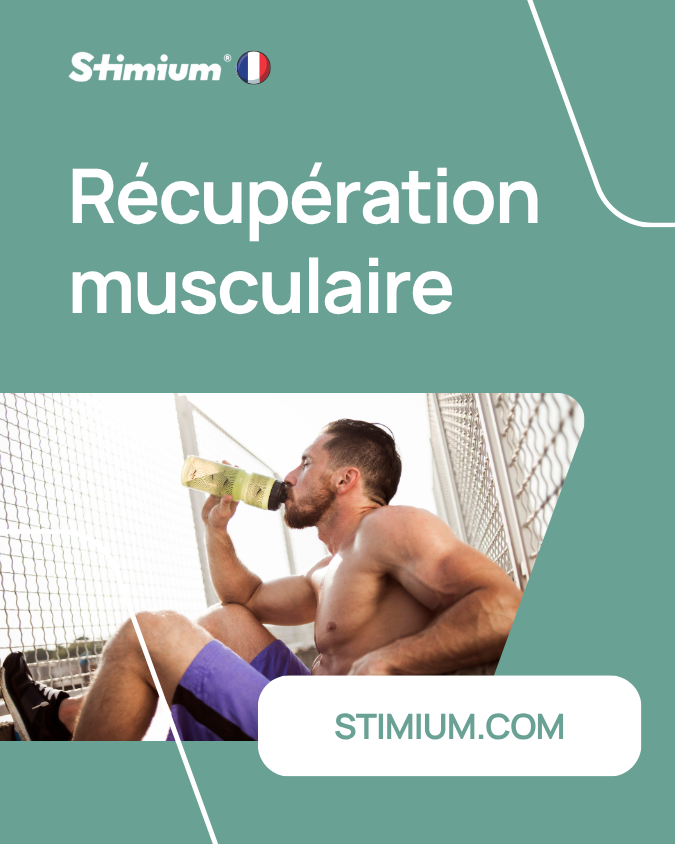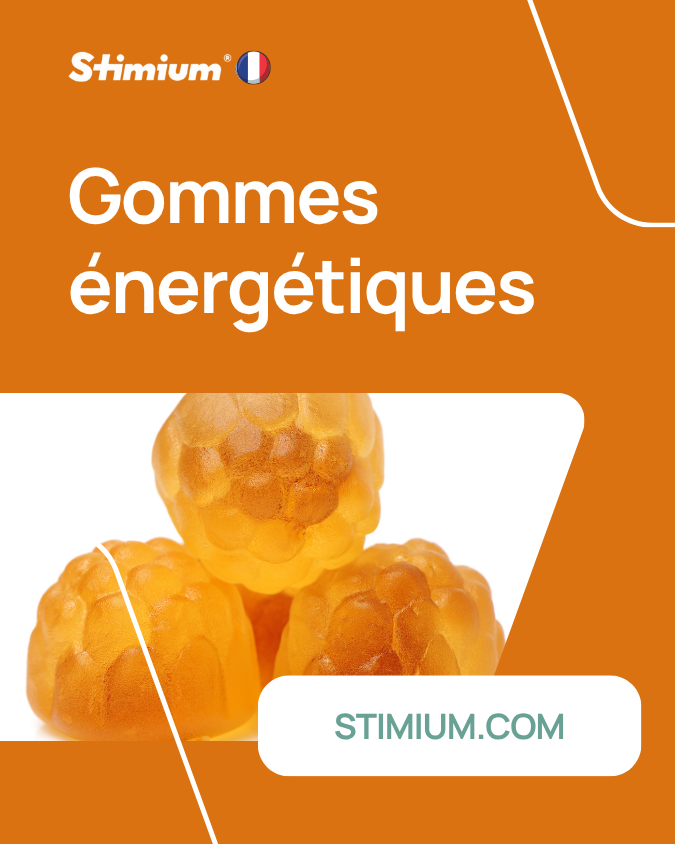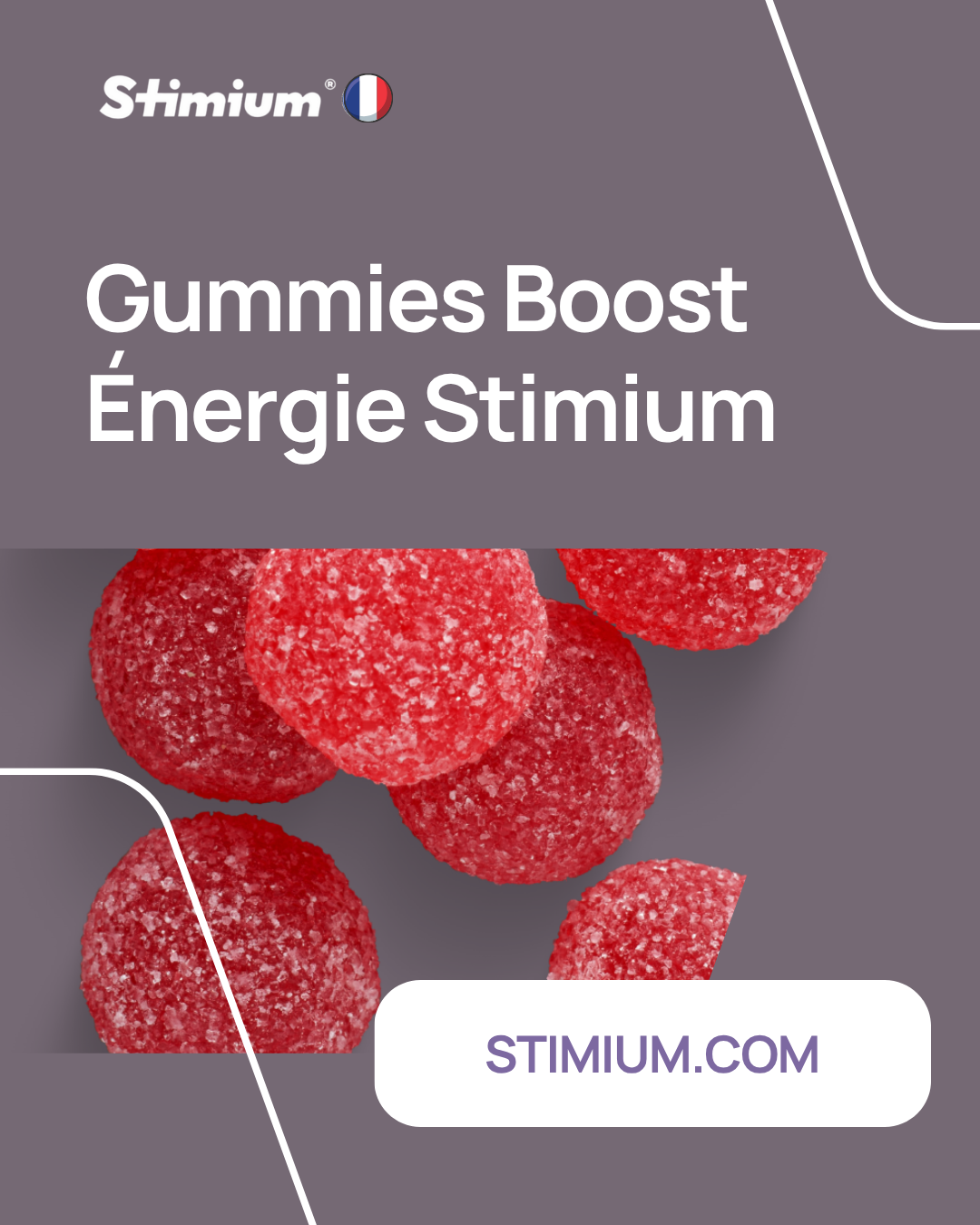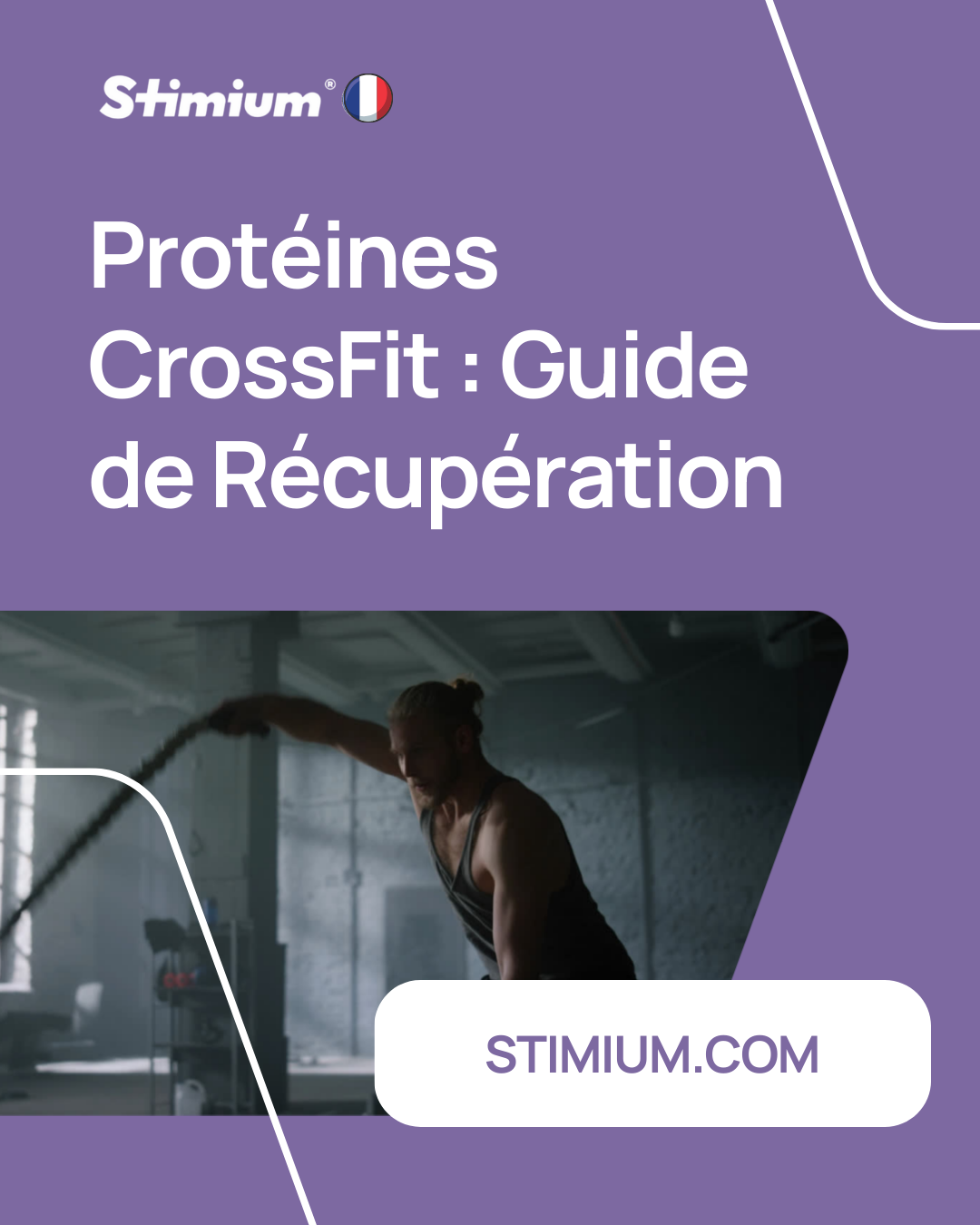Fitness training plan, tip n°6: an update on diet
Tip # 6 : A point about diet
We all know that nutrition is a key piece when talking about Fitness. But what should you put on your plate? Is it obligatory to take food supplements? When should you eat?
Our experts from #Team Stimium will give you here some ideas, advice and recommendations to enlighten you on this vast area of sports nutrition, with a key word, pleasure, because without pleasure, what's more for us French people. , it will be difficult to achieve its objectives in the long term.
To live better, for good health or to perform, it is important to have a foundation in nutrition to fully understand your diet and, if necessary, change some eating habits.
Eat healthy
To provide the body with what it needs, it is important to vary the menus, with a healthy and balanced diet and a caloric intake depending on our needs and our body size . We have grouped 7 food groups with our recommendations on the quantities to take. Of course, this is only a recommendation and a specific diet (vegetarian, gluten-free, etc.) can always compensate one of the food groups with another to obtain all the necessary nutrients. It's up to you to create your recipes with these 7 food groups.
- Meats, poultry, fish products, eggs (1/2 servings per day)
This group provides you with good quality proteins and iron that is easily assimilated by the body. The iron found in meat and fish is better assimilated than that of any other food group, which is particularly important when we know that many people are iron deficient. Fish provides essential fatty acids such as omega 3 which provide a vital function for the structure of nerve cells in the brain.
- Fruits and vegetables (5 servings per day)
Fruits and vegetables have incomparable nutritional qualities, rich in vitamins A, B, C and E, potassium, magnesium, but also water and fiber . Anti-oxidants such as vitamins C, E, carotenoids and polyphenols help neutralize free radicals which promote premature aging of cells and the onset of diseases.
- Breads, cereals, potatoes, dried vegetables (in moderation at each meal)
An athlete consumes a lot of calories and the carbohydrates present in this food group will provide the necessary fuel for exercise. Choose whole grain products with multiple benefits because they are a major source of B vitamins, iron, fiber and carbohydrates.
- Milk and dairy products (1-2 servings per day)
Dairy products are a good source of protein, calcium and vitamin D.
- Added fat (in moderation)
Plant sources such as olive, rapeseed or walnut oil are preferred for their composition in mono or polyunsaturated fatty acids (essential fatty acids).
- Sweet products (in moderation)
It is recommended to limit the intake of sugary products to around 10% of total energy intake because their energy density is high and their nutritional value is quite low (few vitamins, proteins, minerals and fiber).
- Drinks (2 to 3 liters)
Drinking water regularly and with each meal is essential to allow the body to hydrate and this promotes the elimination of waste. The recommended consumption for an athlete is approximately 2 to 3 liters per day . The water consumed can be varied (mineral, sparkling tap, tea, infusions) to optimize mineral intake. Depending on where you are in the world, it may be necessary to drink even more (especially in tropical areas).
Each of these food groups will provide nutrients (macro and micro) which will provide energy to the body to function properly.
To estimate the amount of calories your body needs each day and better control your weight gain or loss as part of a diet, you can calculate your energy needs using the formula below:
Calculation of energy needs:
Basic metabolism
MB = A+B+C
Women
- A = 2.67 x age
- B = 401.5 x height (in m)
- C = 8.6 x weight (in kg)
Man
- A = 3.8 x age
- B = 456.4 x height (in m)
- C = 10.12 x weight (in kg)
Physical activity level
Coefficient
- Sedentary (no or little sport) 1.35
- Weakly active (2-3 hours of sport/week) 1.55
- Active (1 hour of sport/day) 1.75
- Very Active (+2 hours of sport/day) 1.95
Energy requirements = MB x Coefficient
Example :
Audrey is 27 years old , is 1.67 m tall and weighs 54 kg .
She is a slightly active person, she does 2 hours of boxing per week and classes from time to time.
MB: = 1207 calories.
Energy requirements: 1764 x 1.55 = 1870 kcal.
Energy expenditure depending on the intensity of the effort:
Light intensity: < 300 kcal / hour
Average intensity: 300-600 kcal / hour
High intensity: > 600 kcal / hour
Advice from our Stimium Coach on food supplements:
“By doing regular fitness activity your body will draw on your resources, particularly some which are not renewable. To stay in shape, appropriate nutrition is recommended. This will avoid fatigue, injury and bad mood! »
Smoothie Recipe:
- A teaspoon of spirulina
- A teaspoon of chia seeds
- A tablespoon of spinach (frozen if possible for a fresh side)
- Half a banana
- Finely chopped ginger
- A Kiwi
- Rice milk

